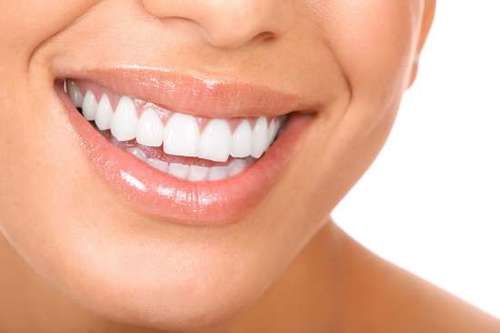Holistic or “Whole”istic Dentistry
Everywhere you turn, we are bombarded by the terms holistic or natural. We feel the term holistic is way overused as a catchphrase for an anti-traditional medicine movement that sometimes goes too far.
Many holistic followers embrace any methodology that runs counter to traditional therapies without regard to their scientific validity or a proper body of research through universities and peer reviewed journals. Much of the research is done in house by the manufacturers of many products used in holistic therapies.
Our definition of holistic is to look at our patients from a “whole”istic viewpoint. That means our treatment decisions, diagnoses and recommendations are based on the whole person’s medical, dental and psychological conditions as well as their esthetic desires. Unlike many dental practitioners, we don’t just look for holes to fill, whether they be cavities, missing teeth or gaps between your teeth. We formulate treatment plans based on preventive recommendations to strengthen your teeth before they break, replace fillings when they start to become unstable before decay forms and look at your bite relationship and your whole mouth before making a recommendation for a single tooth.
Although we haven’t used silver mercury fillings in over 20 years, we only replace them when they become unstable (with newer tooth like materials). We don’t replace them if they are stable just because the “holistic” movement falsely claims that they are dangerous. Not a single valid scientific research study on humans has proven this claim and removing them when they are stable can often harm the tooth even more!
If you develop a cosmetic issue with a front tooth, we evaluate your “whole” smile and make the most conservative recommendation on how to repair this area so that it is not only healthy, but looks natural in harmony with the rest of your mouth. This is what we consider “whole”istic.
We also consider your medical conditions and your oral health. They affect one another in numerous ways and unless we take all of these factors into consideration, we cannot achieve predictable results. We look at our patients as people, not teeth and that’s what we consider “whole”istic.
The health of your surrounding gums, bone and your bite relationship all have to be taken into account to make proper treatment decisions. Again, this “whole”istic approach is used to care for our patients instead of some unproven holistic fads which prey on people’s fears.







